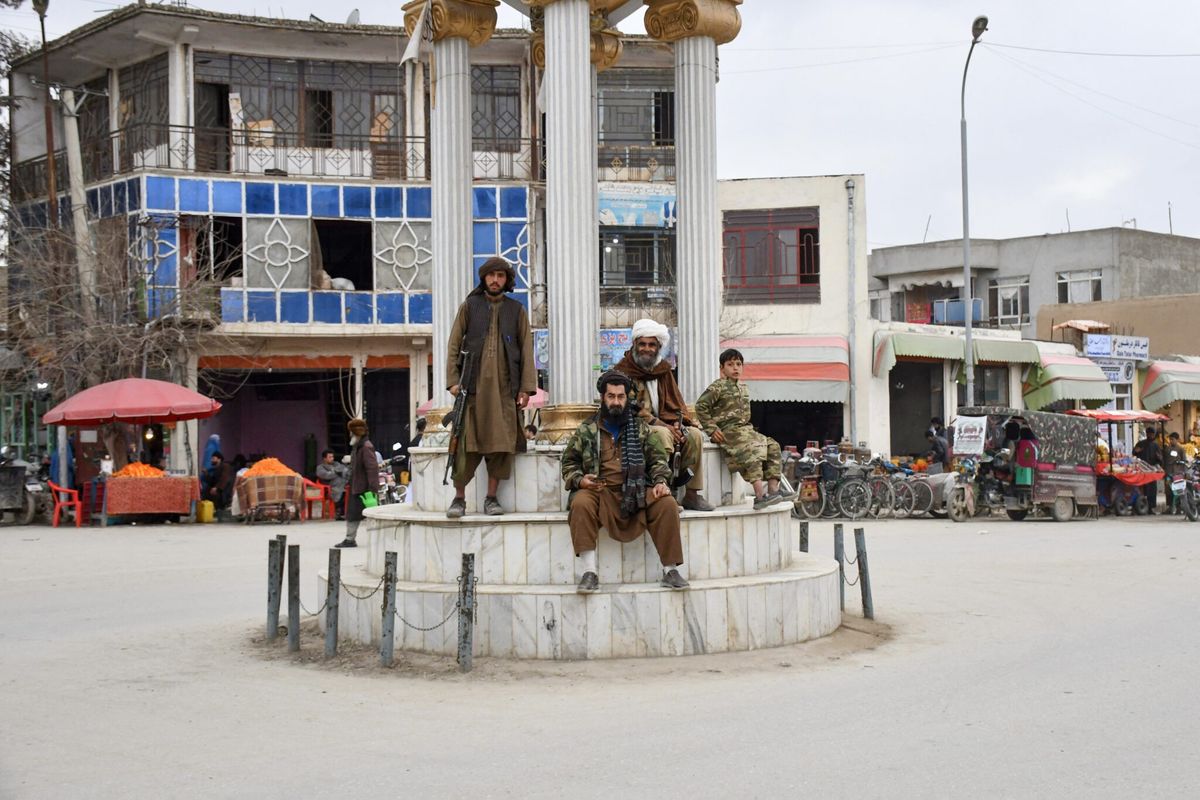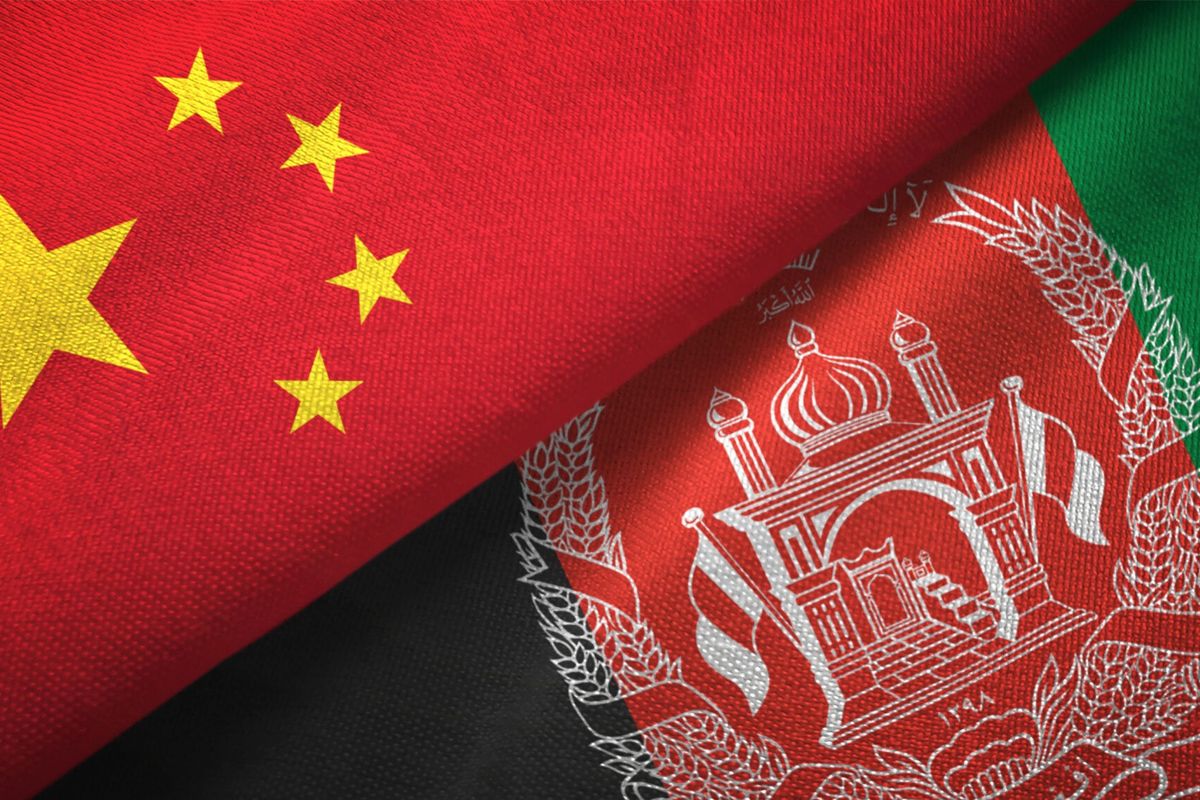Earlier this week, the Pentagon announced that ISIS’ leader in Afghanistan, Sheikh Abdul Hasib, was killed in an April 27 joint-operation carried out by Afghan and U.S. Special Forces. The raid, which took place in the Achin District in Afghanistan’s Eastern Nangarhar Province – the same location where the U.S dropped the “Mother of All Bombs” earlier this month – also resulted in the deaths of several other high ranking leaders of ISIS in Afghanistan (ISIS-K) and 35 ISIS fighters. Two American soldiers were also killed in the attack.
In addition to the U.S. doubling down on its anti-ISIS efforts in Afghanistan, the U.S. must also prepare for the commencement of the Taliban’s annual spring offensive, which was announced two weeks ago.
Yesterday, the Washington Post reported that senior military and foreign policy advisers in the Trump Administration have proposed a major shift in the United States’ Afghanistan strategy, calling for an expanded military role and an increase in U.S. troop levels in the country.
The Cipher Brief revisits its analysis of current U.S. strategy in Afghanistan:
As the weather warms and spring sets in, the Taliban will likely announce their annual spring offensive in the coming weeks. Already in control of more territory in Afghanistan than at any point since 2001, the Taliban may now be looking to cement their presence in several strategic areas.
“It’s incredibly disappointing that with the amount of blood, sweat, and treasure that has been spent in Afghanistan, the maps look worse than they did when we first went into the country,” says Congressman Will Hurd of Texas.
However, while the Taliban has been able to accumulate territory at a steady pace, Hamdullah Mohib, Afghanistan’s Ambassador to the U.S., points out that “most of the territory they ‘control’ is sparsely populated or even unpopulated.”
“When they do try to overrun population centers, our military has thwarted their plan,” Mohib says. “Just look at what happened in 2016: four times the Taliban tried to take control of urban centers, and each time they were defeated by Afghan National Defense Forces.”
Since invading Afghanistan and unseating the Taliban in 2001 in response to the 9/11 attacks, the U.S. has played a critical role in beating back the Taliban, al Qaeda, and other terrorist groups operating in the country. Today, the U.S. continues to conduct counterterrorism operations in Afghanistan, but its focus has shifted to training and equipping the Afghan National Security Forces to ensure that they can effectively spearhead the ongoing fight against the Taliban.
Beyond the train-and-equip mission, Hurd stressed that the U.S. should also be “supportive of the Afghan Air Force” and provide Afghan National Security Forces with air support as they carry out their operations. Earlier this week, the Afghan Ministry of Defense announced its intentions to double the number of Afghanistan’s Special Forces, a move hailed as “a positive development” by Hurd, who points out that “Afghan Special Forces have been one of the most effective fighting forces in the country.”
But what could ultimately bring peace to Afghanistan is an agreement between the Afghan government and the Taliban. Any such effort requires Pakistani assistance, particularly since the Taliban continues to regroup, train, plan, and launch attacks from safe havens on the Pakistani side of the border.
Rampant corruption in Afghanistan and the county’s dire economic state are two other pitfalls that have hampered efforts to stabilize the country. In a February interview with The Cipher Brief, John Sopko, Special Inspector General for Afghanistan Reconstruction, called Afghanistan “one of the most corrupt countries in the world” and said that “In Afghanistan corruption is endemic, it’s institutionalized.” Ridding the country of its rampant corruption and ensuring proper oversight on reconstruction projects would go a long way to putting Afghanistan on sustained economic footing.
The unemployment rate in Afghanistan has steadily risen in recent years, reaching a staggering 40 percent in 2015. The World Bank ranked Afghanistan as 183rd out of 190 with regard to the ease of doing business, indicating that the regulatory environment for starting or operating a business in Afghanistan is extremely difficult. The International Monetary Fund (IMF) categorized Afghanistan’s economic activity as “weak” and concluded that the economic outlook for 2016 and beyond “remains very difficult.”
According to Hurd, corruption in Afghanistan is facilitated by the country’s floundering economy. “The reason that you have some of the corruption is because there are not ways for people to make money, and there is not a robust and dynamic economy,” says Hurd. “Improving the country’s economy would help towards enhancing rule of law within Afghanistan.”
For his part, Ambassador Mohib acknowledged that corruption has been “baked into Afghanistan’s way of life for decades” but noted several achievements in combatting corruption that have occurred since Afghan President Ashraf Ghani took office in 2014.
“The significant progress Afghanistan has made in the last two years in rooting out and punishing corruption, as well as on introducing transparency and accountability across government, is frequently overlooked by observers who expected much faster results than were ever going to be possible,” Mohib states. “Reversing that was never going to take just 24 months. It will take years to right that wrong, and we are well into the process,” he continued.
Looking ahead, despite the vast challenges presented in Afghanistan, and fatigue on the part of the American military and citizens alike, the importance of the Afghan mission should not be understated.
“We have to always remember why we went into Afghanistan in the first place – because people plotted and killed Americans from there,” Hurd says. “We cannot let that be a place where that can be done again. That means Afghanistan should be receiving the right kind of attention.”
Bennett Seftel is deputy director of analysis at The Cipher Brief. Follow him on Twitter @BennettSeftel.












